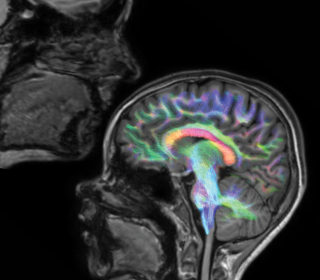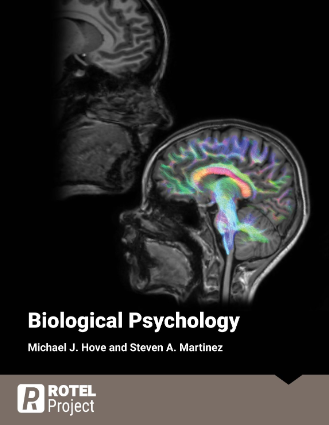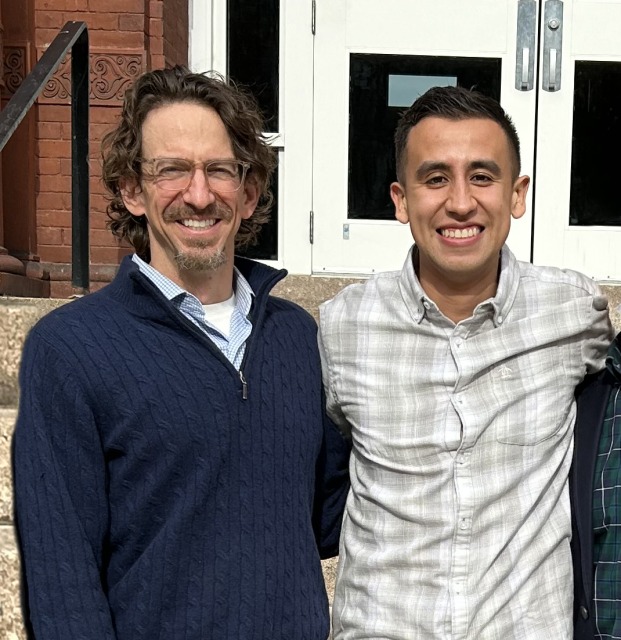Associate Professor Michael J. Hove of the Psychological Science Department and accomplished alumnus Steven A. Martinez ‘17 have a long, shared history of collaborating on research.
“Steven and I met eight years ago during my first year at Fitchburg State,” Hove recalled. “He was interested in getting involved in research and we worked together for two years while he was an undergraduate. He was easy to work with, motivated, and productive.”
Martinez was a sophomore at the time, and was grateful to Professor Hildy Schilling for connecting her with Hove when he expressed an interest in engaging in a research project.
The pair’s first project explored the effects of vibration on music listening and body movement.
“We infamously ran that study in my Subaru car while parked outside Percival Hall,” Hove said. “The results showed that when a hidden subwoofer was vibrating their bodies, people rated songs as more enjoyable and moved more.”
“I remember being so impressed by Mike’s creativity and resourcefulness in launching that project,” added Martinez. “It may not have felt like it back then, but that project taught me how to look at a problem from multiple perspectives and how to think outside the box, which is a skill that I am especially proud of and attribute directly to Mike’s creativity in running this experiment.”
For their next collaboration, Martinez (then captain of the university soccer team) and Hove (an “old-timer” hockey player) built on their observation that music sounds especially good after exercise. “We ran a controlled experiment that tested how exercise affects music enjoyment and looked at the role of dopamine,” Hove said.
The research led to co-authored published papers, and the pair have remained close even after Martinez’s graduation. (Martinez, who received the Young Alumni Recognition Award from the Alumni Association last fall, is currently a graduate student at Temple University.)
Hove reached out to his former student again last year as he was developing a new textbook on biological psychology for the Remixing Open Textbooks with an Equity Lens (ROTEL) project. “I’ve been interested in using low- or no-cost textbooks in my courses, because I’ve seen far too many of our students struggle to buy textbooks, can only afford the book a few weeks into class, or actually have to choose between buying food and buying books,” Hove said.
Hove received a grant through the project to develop the book, which proved to be a labor-intensive but rewarding project.
“A few months into the project, progress was slow, and having remembered what a great collaborator Steven was, I asked him to come on board,” Hove said. “Steven agreed and did great work on the book.”
The resulting book, Biological Psychology, is the study of the biological bases of behavior and mental processes. It explores how biological factors like genes, hormones, neurotransmitters, and brain structures influence psychological components like thoughts, emotions, memories, and actions. A wide ranging and up-to-date introduction to the main topics and methods of biological psychology, the volume is free to download.
“My students have really enjoyed the book – not only the cost, but also the book is written for them, so it covers the material in the right amount of depth for the class,” said Hove.
Learn more about the ROTEL projects, and see the other books available for free to users, at https://rotel.pressbooks.pub/catalog.


